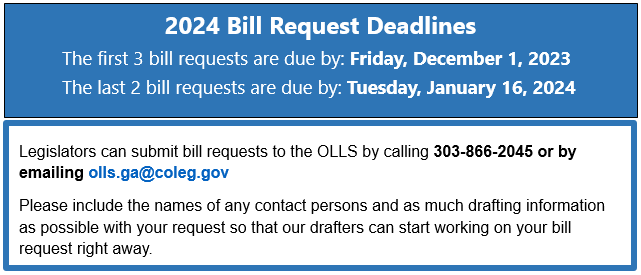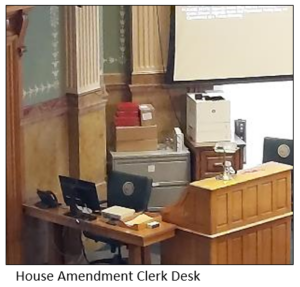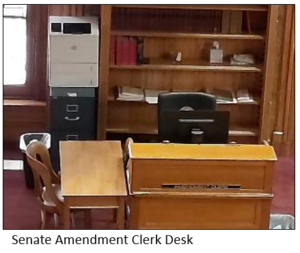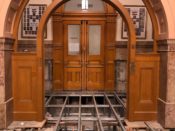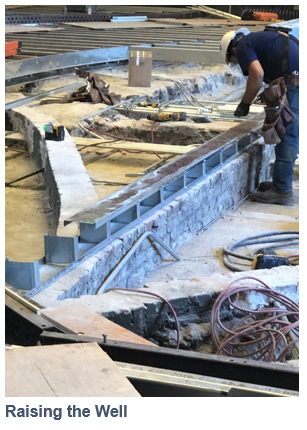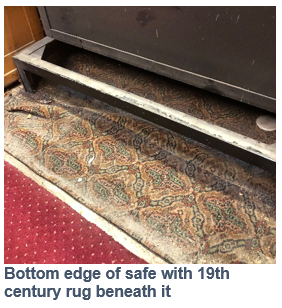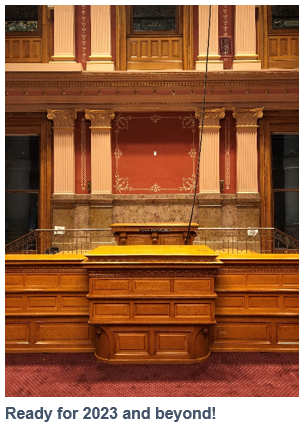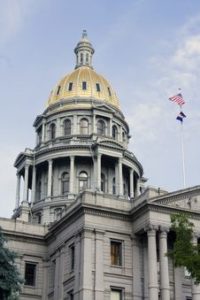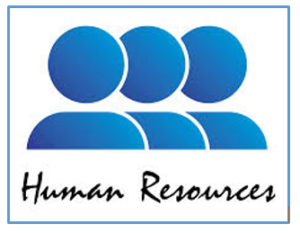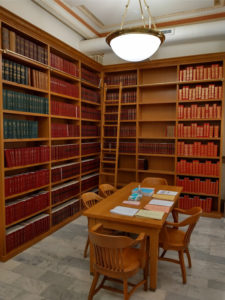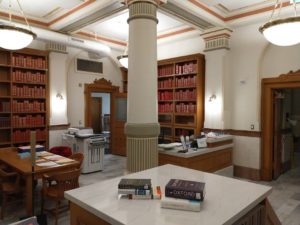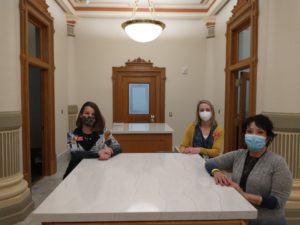Besides the usual ghosts and goblins, Halloween 2023 holds an additional specter for the Colorado General Assembly and the Office of Legislative Legal Services. On October 31, 2023, 37 years of knowledge, experience, and dedication will depart the Colorado State Capitol when Sharon Eubanks, Director of the OLLS, retires from a career of exemplary service to the state of Colorado.
It’s hard to imagine the Office without Sharon, who began as a staff attorney in 1986—two years before the Office of Legislative Legal Services was even established by HB88-1329. Sharon brought three years of legislative experience with her to Colorado, having previously worked as a legislative attorney for the Oklahoma House of Representatives. And when she started with the OLLS, she had the good fortune to learn under the tutelage of the original pillars of the Office: Douglas (Doug) Brown, Rebecca (Becky) Lennehan, Charles (Charley) Pike, and Alice Ackerman.

Sharon quickly proved her worth as an excellent drafter and trusted advisor to legislators. Because of her sharp legal analysis and understanding of statutory construction, she was entrusted with drafting significant—and, in some cases, ground-breaking—legislation, including the act that established the Scientific and Cultural Facilities District and the act that created the Denver Metropolitan Major League Baseball Stadium District, which resulted in Denver receiving a Major League Baseball franchise. Other notable legislation that Sharon drafted includes the act that authorized public school open enrollment within and across school districts in Colorado and the act that provided economic incentives to United Airlines to build its maintenance facility at Stapleton International Airport.
But the work that probably most defines Sharon’s career with the Office—and for which she is best known—involved assisting the General Assembly, its members, committees, and staff with interpreting and complying with Article X, Section 20 of the state constitution, commonly known as the “Taxpayers’ Bill of Rights” or “TABOR”, approved by the voters in 1992. Within days after the election, the Director of the OLLS at the time, Doug Brown, appointed Sharon the lead attorney in the effort to understand TABOR and assist the General Assembly in implementing its provisions. This was a significant undertaking that included providing legal analysis and advice regarding TABOR’s meaning and impact, drafting legislation to implement and address issues resulting from the passage of TABOR, and assisting with litigation stemming from subsequent TABOR-related legislation. With her work, Sharon established herself as one of the state’s premiere experts on TABOR and, as a result, she was—and likely still is—the person who legislators, legislative staff, and even members of other branches of government and the public called regarding its legislative, judicial, and administrative interpretations.
Recognizing her extraordinary capacity and sharp legal mind, Director Brown promoted Sharon to Senior Attorney within four years after she started with the OLLS and later to Team Leader of the Finance Team, in which role she led, trained, and mentored a team of drafters and legislative assistants. Sharon’s revising skills are equally revered and feared; there isn’t an attorney in the Office who hasn’t felt a twinge of anxiety upon receiving the abundant comments, questions, and edits resulting from her thorough review of the attorney’s work. But each attorney will also readily admit to having benefited from her revising and mentoring skills and acknowledge that her keen abilities have made us all better drafters and attorneys.
Sharon’s career continued to soar, and by 2004 she was promoted to Deputy Director of the Office. In this role, she took on a wide assortment of special projects for the Director, including representing the Office on the state title board, setting ballot titles for citizen initiatives, often a contentious endeavor. She drafted myriad legal memoranda and opinions and assisted in multiple lawsuits involving the General Assembly and its members. Her excellent writing skills and legal analysis served well the General Assembly and the legal counsel representing the General Assembly as she worked on pleadings, briefs, and oral arguments.
In 2017, the Executive Committee of the Legislative Council appointed Sharon director of the Office, and almost immediately Sharon found herself guiding the General Assembly and the Office through an astonishing number of first-time issues. During her very first legislative session as director, Sharon faced the unprecedented expulsion of a member of the House of Representatives based on charges of workplace harassment and the accompanying unique procedural, ethical, and legal issues. In the aftermath, Sharon helped guide the General Assembly through an overhaul of its policies and procedures related to workplace harassment complaints.
Then, while still relatively new to the director position, Sharon suddenly found herself challenged with another unprecedented situation when a worldwide pandemic shut down the General Assembly mid-session. Undaunted, she led her staff and guided the leadership of the General Assembly through the development, adoption, and implementation of new legislative rules, protocols, and procedures allowing for remote work and participation in the legislative process by both legislators and staff.
These are just two examples of the constantly changing, challenging, and unique circumstances that Sharon has faced – and overcome – during her tenure as director. Added to these are the continuing challenges of increasingly partisan legislative sessions and the resulting unprecedented increases in stress and workload for nonpartisan staff. In all of these situations, Sharon has continued to exemplify the best in nonpartisan service for legislators and effective leadership for her staff, continually working to provide the people of the OLLS with the support they need and the appreciation they deserve.
The Office of Legislative Legal Services, the General Assembly and the many legislators who have served during the last 37 years, and the citizens of the state of Colorado have been the fortunate beneficiaries of Sharon’s lengthy and distinguished career. Thank you, Sharon, for your innumerable contributions, dedication, and remarkable service to the Colorado General Assembly and to the state of Colorado.




